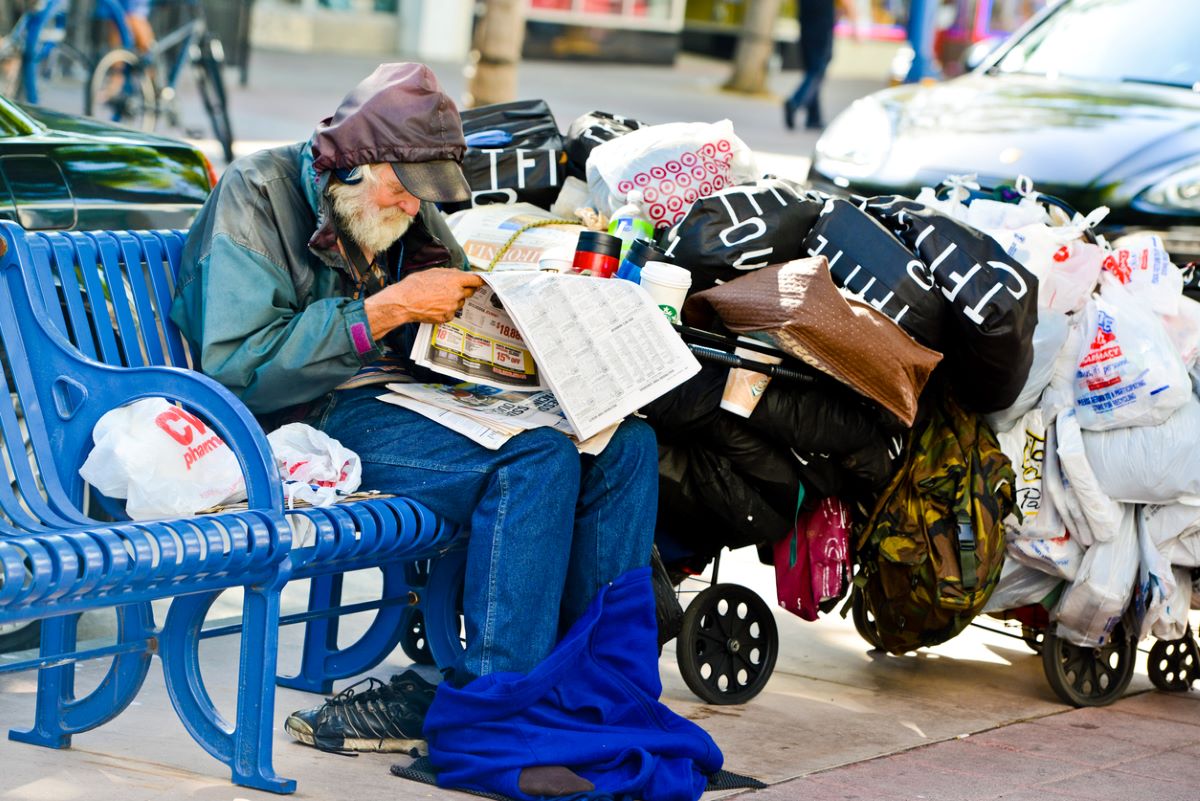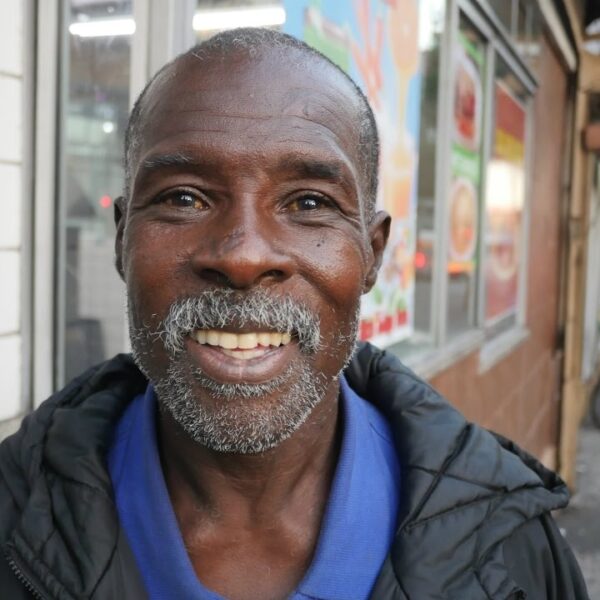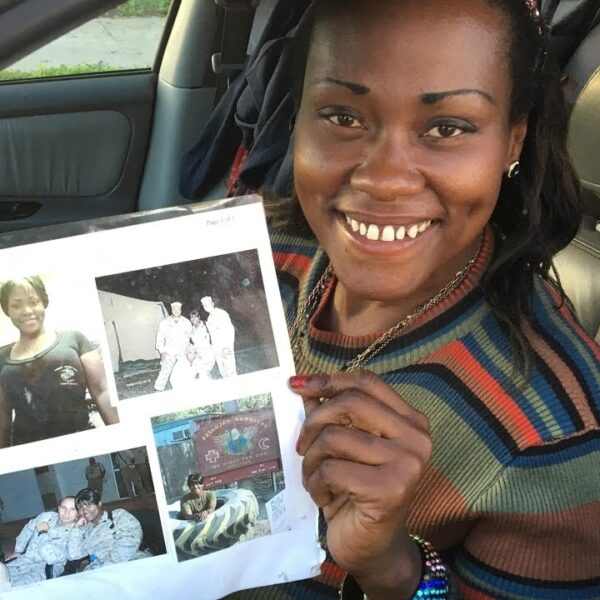No, it’s not an unavoidable part of the human condition
There’s a common misconception that homelessness is just an unfortunate fact of life. People think that it’s existed since the beginning of time, and often adopt an apathetic attitude as a result.
They think, “it’s always been this way and always will be. What can you do?” But it hasn’t. And it won’t. Not if we can shake off this false sense of complacency, at least.
A Look at the Numbers
Homelessness, as we know it today, really began in the 1980s. When the federal government scaled back funding for public housing projects and social services, the number of people living on the streets surged.
Records from the time put the number of newly homeless people between 200,000 and 500,000. However, given what we know about quantifying homelessness, the actual numbers were probably much higher.
Crises and Complacency
Most of these newly homeless people were concentrated in major metropolitan areas. This sudden wave of homelessness, combined with the high unemployment rates and economic distress of the time, put the nation into crisis mode.
The homelessness crisis was so bad that the government took drastic action. In 1987, Congress passed the McKinney-Vento Homeless Assistance Act, which allocated a portion of the federal budget for funding homeless shelters. The text of that law refers to homelessness as an, “immediate and unprecedented crisis,” which shows the high level of concern the issue had caused at the time.
Unfortunately, the McKinney Act did little to reduce the number of homeless people in the United States. The soup kitchens and shelters treating the symptoms of homelessness did nothing to address the root cause: a lack of affordable housing.
In fact, levels of homelessness continued to rise. In 2010, an estimated 1.5 million people experienced homelessness. But the urgency to address the problem seems to have vanished.
What Happened to the Urgency?
Why do we now tolerate levels of homelessness so far beyond those considered an immediate humanitarian crisis 40 years ago?
Some would say it’s a lack of compassion. Others might theorize that we’ve all just “gotten used” to it. Those are both contributing factors.
But the most insidious reason is that we, as a society, have permitted poverty to be perceived as a moral failing.
Where once someone was “down on their luck,” now they’re stupid, addicted, or just plain morally bankrupt.
It’s comforting for us to see homelessness as a result of one’s bad decisions and inherent character flaws. Pretending this is true protects you from having to face the unsettling reality that it can happen to anyone.
The break down in compassion that keeps us from putting ourselves in a homeless person’s shoes also keeps us from confronting the knowledge that you really could be in their shoes if just a few things in your life had gone differently.
As humans, it’s uncomfortable for us to live with uncertainty. Given the constant uncertainty of homelessness, it’s understandable for those of us who can avoid uncertainty to do so.
But the mental gymnastics that blame the poor for being poor only causes more harm in exchange for your comfort.
It’s this mentality that backs increasingly restrictive political measures that criminalize homelessness.
This mentality shifts public opinion away from initiatives that would help the people who need it most. It says, “don’t give them money, they’ll only spend it on drugs.” And it makes otherwise kind people look real damn ugly.
A World Without Homelessness is Possible
And it starts with acknowledging that homelessness is not a choice or a punishment. Homelessness can happen to anyone, at any time, for any number of reasons.
Acknowledging this not only reinstates empathy between the sheltered and unsheltered, but it also introduces the veil of ignorance into our social policies. When you must decide whether to support legislation threatening further criminalization of homelessness, not knowing which side you’ll be on in a few years ensures fairer outcomes for everyone.
After all, if you didn’t know which side of a negotiation you’d end up on, you’d be motivated to push for the fairest possible deal, right? Something that secures the best outcome for everyone?
Coming to terms with the reality that anyone can become homeless introduces in everyone’s mind an uncertainty of which side they’ll be on when the penny drops. It forces you to put yourself into the shoes of the people who will be affected before you make decisions that influence “others.” And, if embraced, it ensures that people in power enact policies that are fair to everyone, even if only out of interest for the well-being of their future selves.
The problem is that no one really believes it can happen to them until it does.
Forcing the Issue
Luckily, we don’t need to wait for every politician out there to have a sudden revelation on this issue. Those of us who realize that conflating someone’s wealth with their character is as harmful as it is incorrect can force the issue.
Contact your representatives to give them your thoughts. If you see state, local, or national legislation coming through the pipes that you know would harm the homeless people in your area, speak up! As a constituent, you will be heard. Just having an address in a certain zip code entitles you to representation by politicians. That is more than can be said for the invisible people most affected by politician’s decisions.
Get to know your representatives at all levels of government. Make sure they get to know you. Keep in regular contact with their offices, even when it feels like you’re talking to a brick wall.
Make the most of the power you’ve been given by speaking up for those who have less. You’d want someone to do it for you.













